The right to travel, freedom of movement, mobility rights, is part of the notion of fundamental human rights that incorporates the right of individuals to travel from place to place. Sustainable Development Goals (SDG), mandated by the UN general assembly in 2015, has set a target for member countries to provide access to safe, affordable, accessible, and sustainable transport systems for all, with particular attention to the needs of those in vulnerable situations, women, children, and disabilities, and older persons by 2030.
Women residing in both the developed and developing countries have broken away from the traditional gender roles and are increasingly engaging in education, jobs, and public life. The hurdles women face due to their mobility are a form of social exclusion that affects all aspects of their lives and, significantly, hinders economic output. Moreover, women are mainly employed in part-time jobs and have longer working hours, including housework, child care, daily shopping, etc. They have to overcome innumerable obstacles if they wish to attain work and blend into a professional life alongside household work. Simultaneously, Nepalese women play diverse roles, distinctly as doers in economic activities, and bestow their pivotal contribution to the community (Voluntary, political, and social activities). They have less access to the most accessible means of traveling, yet, they have the most burdensome and time-consuming tasks.
Likewise, the incidence of gender-based violence is very rampant in Nepal. On that account, safety is one of the significant concerns raised by women regarding limited access to public vehicles. A report by Asia Foundation on Women and Mobility elucidates that 50 percent of sexual harassment cases against women in cities took place while traveling through public transport and 16 percent while waiting for public transport. According to Safe City Programme Women Safety, 53% of the women feel insecure while traveling on public transport and walking around the bus stand. 63% of the respondents fear traveling on public transport and share that it is one of the most unsafe means of transportation.
Travel by bus or paratransit can be a problematic experience, and crush loadings are apparent. Many women will avoid any attempt to travel through a heavily loaded bus; instead, they wait for a less crowded bus and the opportunity of getting a seat. Besides the obstacles of crush loading, women suffer more seriously from hazards of sexual harassment or so-called ‘eve-teasings.’ Public transports, particularly buses, are regarded as the most vulnerable place of sexual harassment for women. All the bus staff, i.e., the driver and the conductor, are male. There were instances that women were followed or attacked while traveling on a bus.
Some of the females also turn down night shifts for this reason, or simply take long commutes to their workplace at night. They have to struggle hours of commuting every day and arriving home to take care of the family chores. Additionally, it was also witnessed that long distances are a significant hindrance for women’s participation in the labor force. An Informal Economic Monitoring Survey emphasized that women in urban areas are more liable to refuse better-paid jobs far away from their residence because public transport does not account for their safety, comfort, security, and affordability.
Hence, the vast majority of Nepalese women consider scooters as a convenient and safest means to travel to and fro. Women have family and household responsibilities and paid employment; thus, their travel patterns become very intricate.
Travel for women in these situations involves their own needs and the connected needs of dependent children and often the care and support of elderly and disabled relatives. Women frequently use scooters for dropping children off at childcare or school on the way to work and carrying out household chores. However, the number of women driving scooters without a driving license is at its peak in Nepal as the Department of Transport has not resumed issuing new driving licenses. Without a driving license, women have to take risks to travel long distances by public bus, bicycle, e-rickshaws, and so on, which can cost them extra time and money and unnecessary torment. They will be fined NRs.1000 if caught driving without a driving license. The government’s apathy has dramatically impacted the lives of those who want to or need to ride scooters to commute.
On February 22, 2021, 23 years old Srijana Rai lost her life on the street of Jawalakhel, Lalitpur, while traffic constables stopped her for a routine driving license inspection. The traffic police were checking the license at the time when the accident occurred. Few motorcycle riders were already impounded for riding without the required documents, and some four-wheelers had been stopped for checking. Rai tried to avoid the inspection team of traffic constables while they were busy checking other vehicles. Meanwhile, one of the traffic policemen noticed her and dragged her scooter from behind to stop her. The eyewitnesses claimed that the deceased lost her balance and fell and a public bus moving alongside ran over her while she was trying to evade the checking.
The Srijana Rai incident can happen to anyone. Every girl/woman has their own fear of getting caught while commuting on the road in their private vehicles. This is a classic case of unintended consequences of policing.
Scooters play a vital role in women’s lives who are dependent on this mode of transport to access employment and other opportunities. Especially in the urban areas, women remain the hardest hit if the accessibility to travel through scooters is affected in negative ways. Private vehicle is a pivotal, yet under-valued enabler of women’s economic empowerment. It can minimize a woman’s time burden and enhance her safety in her daily activities. Economic empowerment and independence is the central need of every woman. Legal provisions and amendments mean nothing if they cannot be reached because women are financially obligated to someone else. Thus it is imperative for the state to consider the mess of driving licenses thoroughly and start taking the necessary initiative to solve the problem straight away.

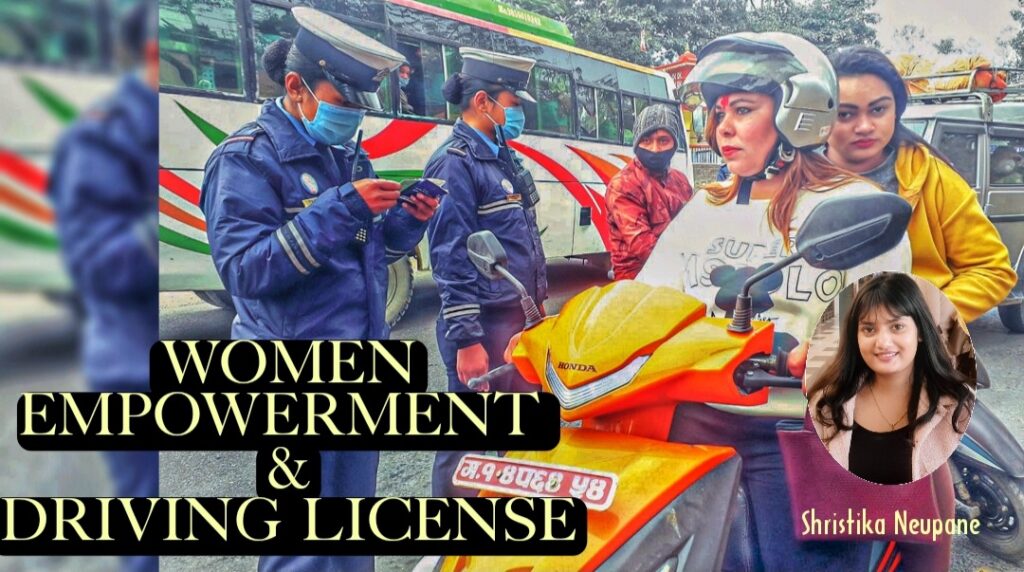
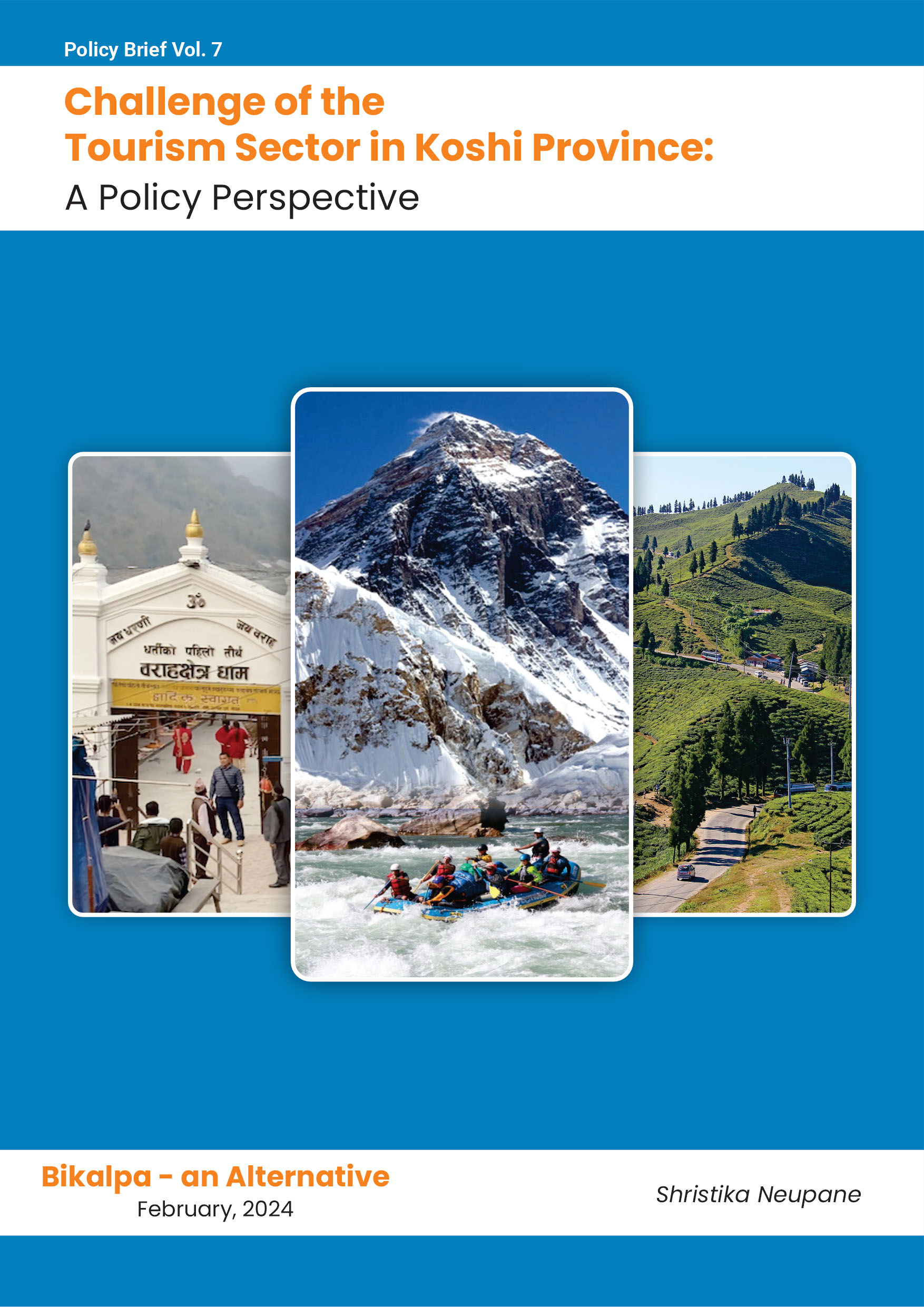

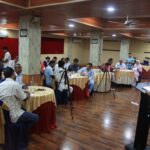

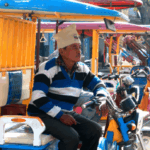
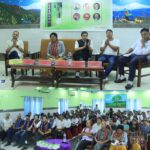


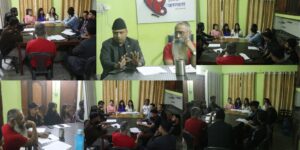

This Post Has One Comment
Pingback: Bikalpa Advocacy in Easing up the Motorbike License in Biratnagar - Bikalpa - an Alternative